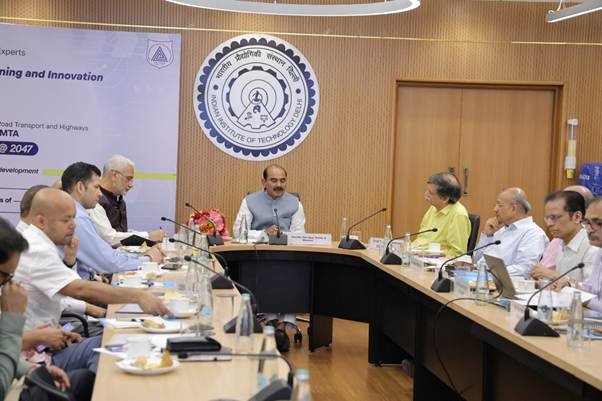Private investors to participate in nuclear sector
The Government has taken a bold step by opening up the nuclear sector to private investors for achieving a 100 gigawatts (GW) energy output, accounting for 10% of the country’s total requirement by 2047, Minister of State for Atomic Energy Dr Jitendra Singh said in an update to Rajya Sabha on 27 Mar.
With the private sector’s involvement and a strong commitment to indigenous development, India’s nuclear energy sector is set for rapid transformation, ensuring energy security and reinforcing its role as a global leader in clean energy solutions https://www.npcil.nic.in/.
“It is a move that was previously considered unthinkable,” added Dr Jitendra Singh, highlighting the importance of having the recently announced “Nuclear Mission” which aims to generate 100 gigawatts (GW) of nuclear energy by 2047, constituting 10% of India’s total energy needs https://www.iaea.org/.
“This is a historic decision that breaks past taboos. The nuclear program has traditionally operated behind a veil of secrecy, but we have now paved the way for private sector participation,” Dr Jitendra Singh stated.
A key focus of the mission is the development of Small Modular Reactors (SMRs), which range from 16 MW to 300 MW in capacity. These reactors are particularly suited for India’s diverse energy needs, including remote areas and industrial clusters.
“These small modular reactors will provide readily available, environment-friendly electricity across the country,” Dr Jitendra Singh noted https://ted.europa.eu/en/.
In the 2024-25 budget, Rs.20,000 crore has been allocated specifically for the indigenous development of at least five Bharat Small Modular Reactors, he said https://sbi.com.in/.
The Minister also outlined the significant budgetary boost for nuclear energy. “Since 2014, there has been a 170% increase in the budget for the Department of Atomic Energy.
The Minister informed that India is collaborating with countries like France and the United States for nuclear technology advancements, while prioritizing indigenous research and development https://www.iea.org/.
He added that the National Research Foundation, with 60-70% funding from non-government sources, will play a crucial role in accelerating nuclear research.
He also highlighted India’s long-term commitment to achieving net-zero carbon emissions by 2070. “Nuclear energy is a cornerstone of India’s transition to clean energy. This mission will not only help us meet our climate commitments but also establish India as a global leader in advanced nuclear technology,” he asserted.
The government’s ambitious nuclear expansion plan also includes the development of India’s thorium reserves, which account for 21% of the world’s total https://www.conexpoconagg.com/.
Dr Jitendra Singh pointed out that projects such as the Bhavini reactor and the Kudankulam nuclear plant, which had faced delays before 2014, have gained momentum under the current administration. Fiinews.com










